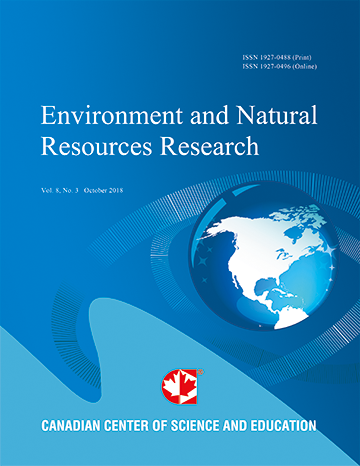Comparison of Effectiveness of Two Remediating Agents on Hydrocarbon Contaminated Soil/ Groundwater in the Laboratory
- Samuel A. Ola
- Olaolu G. Fadugba
- Oluwapelumi O. Ojuri
Abstract
Bench-scale tests of various potential remedial technologies were performed on samples of diesel contaminated soil and groundwater. Two remediating agents Molecular Potentially Chain Disintegrator (MPCD) and Potassium Permanganate (KMnO4) were tested in a laboratory setting to determine the most effective and viable remediating agent that is capable of remediating the specific contaminants and concentrations found in the 3-D sand tank model. Groundwater and soil samples were collected from the sand tank during remediation operation to evaluate performance of the two remediating agents. Total Petroleum hydrocarbon (TPH) tests using Gas Chromatography with flame ionization detector (GC-FID) were carried out on both the sand and water samples. Other tests such as Conductivity and Dissolved Oxygen tests were also carried out on the water samples. The results show that both MPCD and KMnO4 solutions are viable in remediating diesel contaminated soil and groundwater, but MPCD appears more effective than KMnO4. However, MPCD exhibited destructive reactions in the laboratory 3-D sand tank model dissolving the epoxy used to glue the plexiglass and melting the plexiglass while KMnO4 has no effect on the epoxy and the plexiglass.
- Full Text:
 PDF
PDF
- DOI:10.5539/enrr.v5n1p1
Journal Metrics
Google-based Impact Factor (2016): 6.22
h-index (November 2017): 12
i10-index (November 2017): 19
h5-index (November 2017): 11
h5-median (November 2017): 12
Index
Contact
- Emily LinEditorial Assistant
- enrr@ccsenet.org
